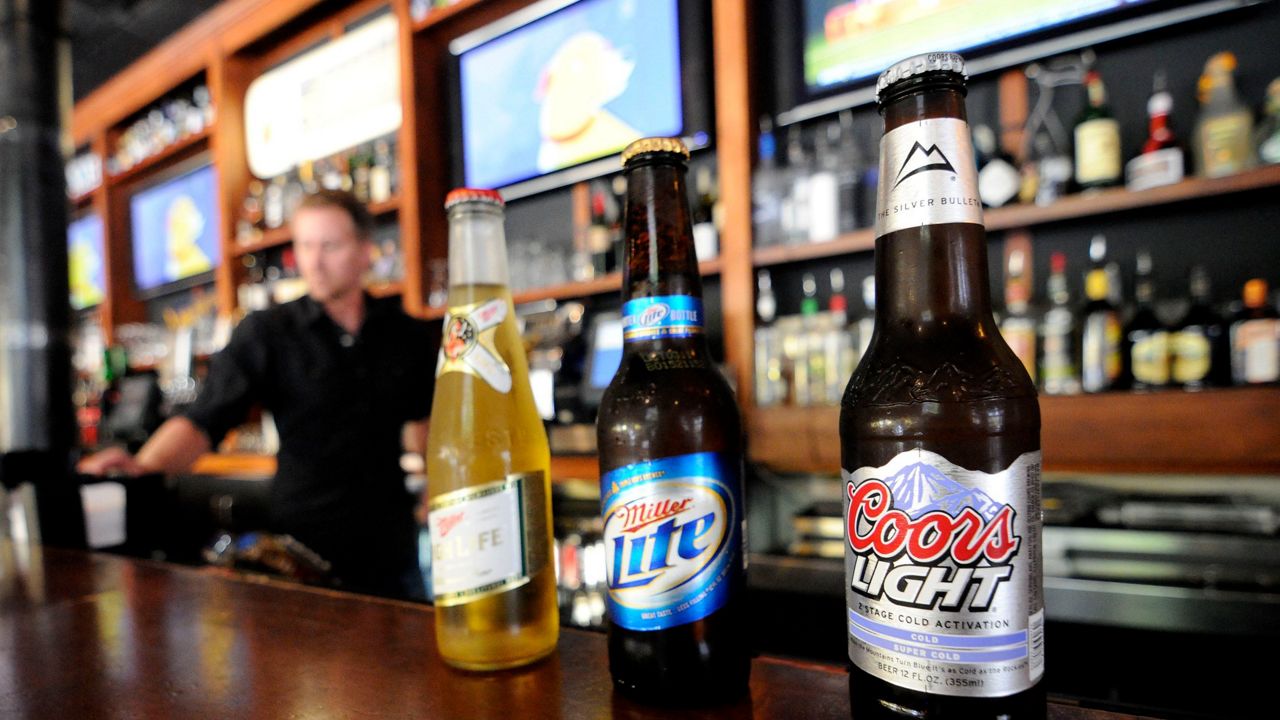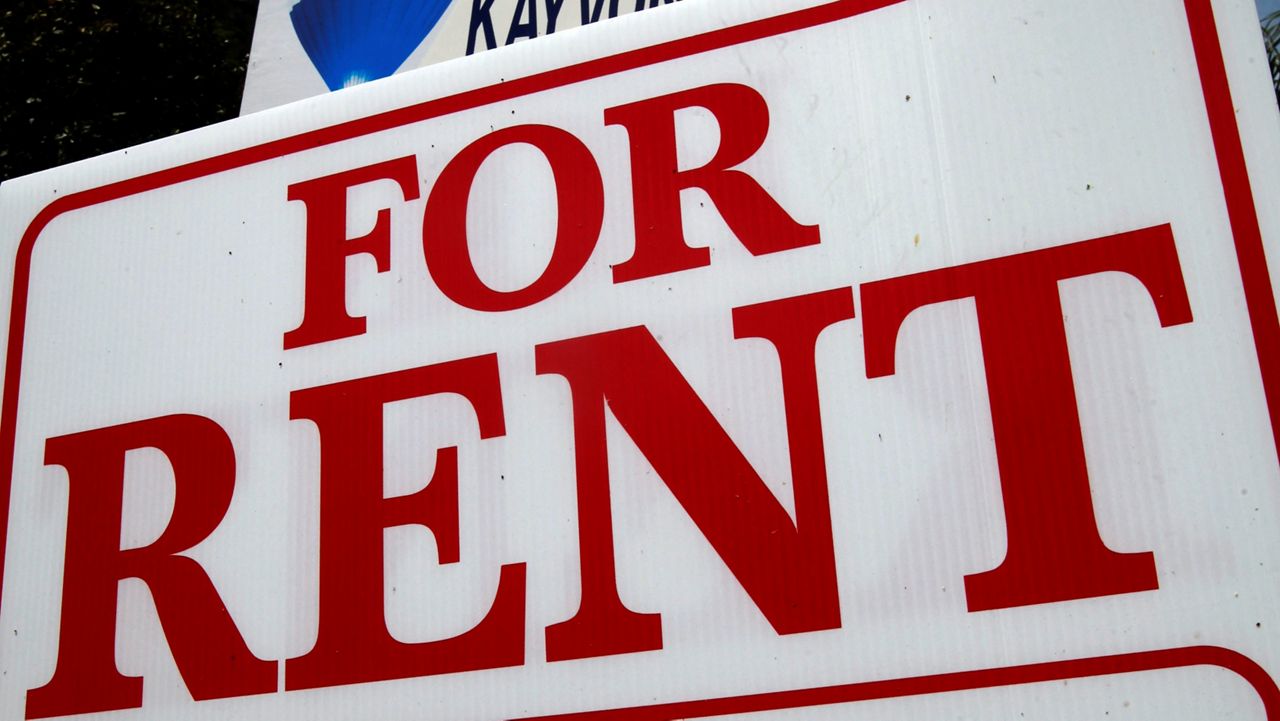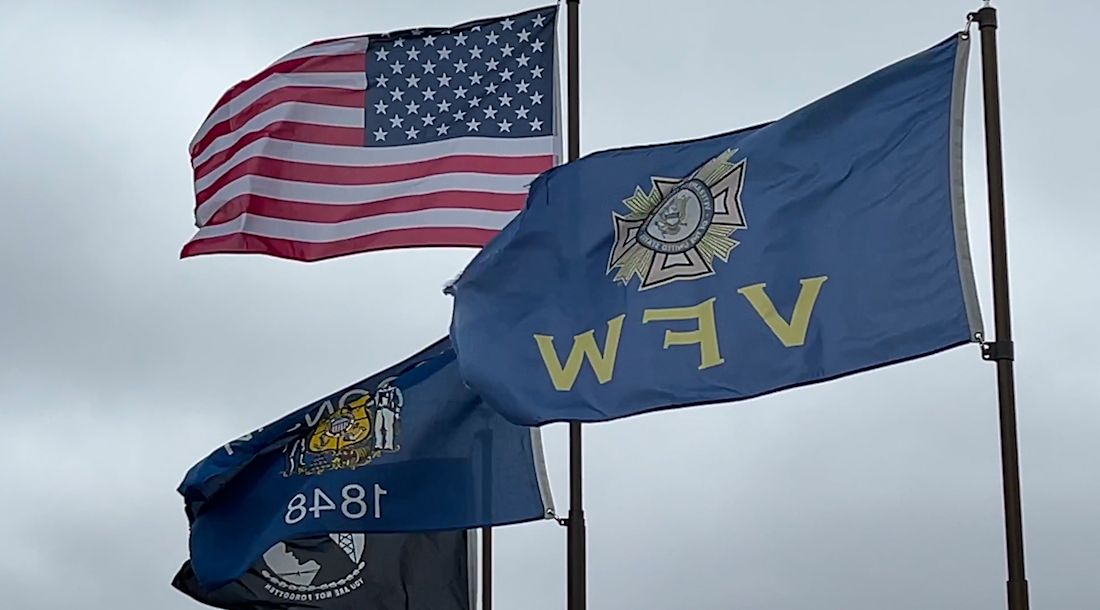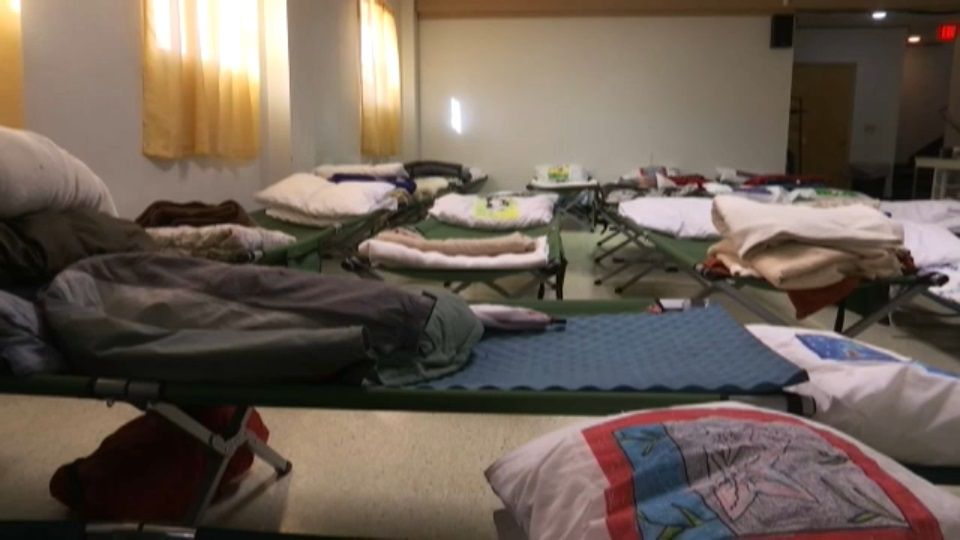As Governor Andrew Cuomo joins the push to ban plastic bags in New York State, a local environmental advocate is moving forward with a cause of her own. As our Matt Hunter explains, the target is plastic straws.
SARATOGA SPRINGS, N.Y. – Based on her own research, Jill Fecteau says Americans consume 500 million plastic straws each day.
“That is a grossly large number,” Fecteau said. “They are not recyclable. You use them for probably one hour or less, and they never go away. That is a real problem for the human race and for this planet that we all share and love.”
The 24-year-old Waterford woman recently launched "Earth's Last Straw," a grassroots campaign to reduce the use of plastic straws in Saratoga County.
“I just got really tired of doing nothing that I was complaining about really often, and that bothered me,” said Fecteau, who grew up in Bethlehem.
Starting in downtown Saratoga Springs, Fecteau is going around trying to convince business owners to abandon plastic straws in favor of one of two alternatives: paper and stainless steel.
“Most businesses want to go with the paper because of the cost effectiveness,” Fecteau said. “We are talking about two to three pennies more than a plastic straw for one straw. Stainless steel is definitely an investment; you are talking about 30 cents to 50 cents for one straw."
"You look at it as what do you have to lose?" Greenhouse Salads owner Lou Casale said.
Casale is among the downtown business owners considering Fecteau's pitch. From forks and spoons to bowls, he says he's struggled to find many viable alternatives to plastic, but believes straws would be an easy place to start.
"It really makes you change the way you look at going green or trying to recycle, or even the most minute steps that actually make a big difference in the day to day," Casale said.
"A plastic straw, it is just micro enough where you do not have to change a lifestyle,” Fecteau said. “You just have to change the product of the straw you are drinking out of."
Fecteau is also urging officials to consider a city-wide ban, but is first working to gain public support. It's a cause she believes most will eagerly get behind.
“I think we have a responsibility to create a better planet than [what] we found for future generations,” Fecteau said.










